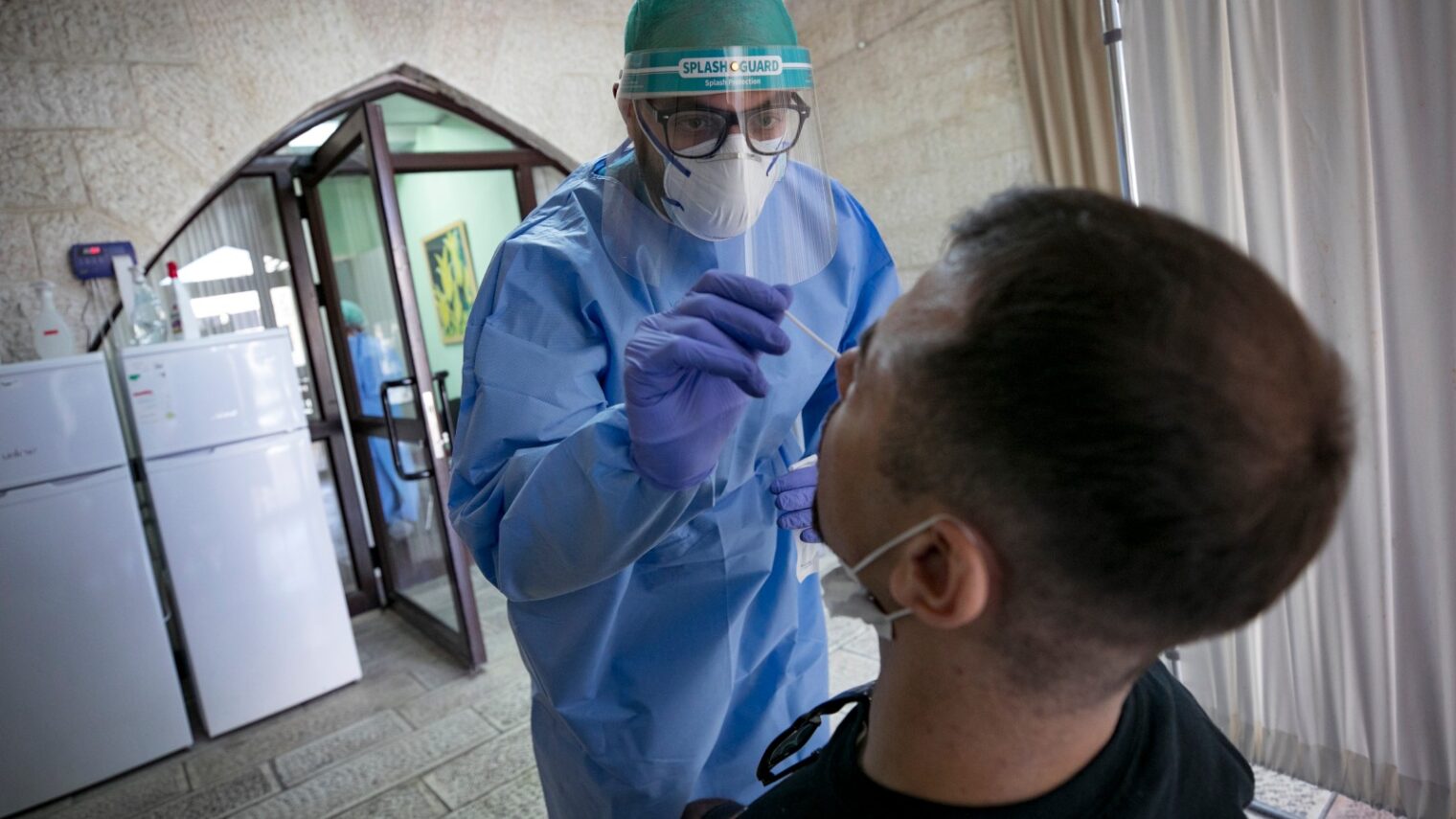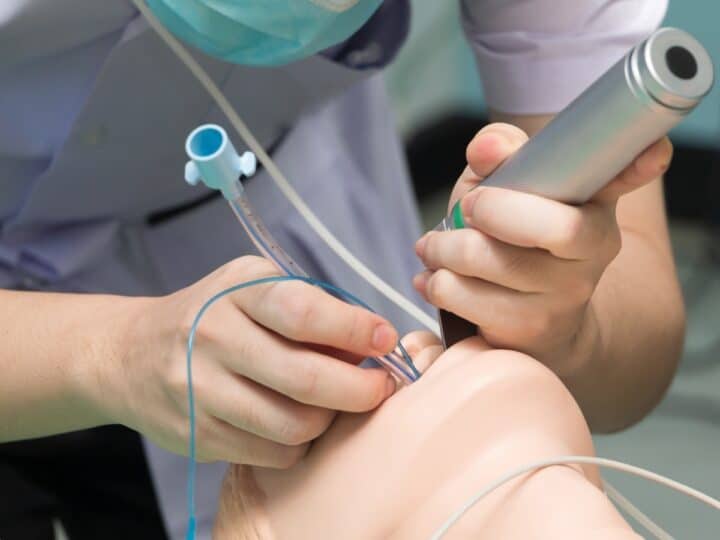Men who had moderate or serious Covid-19 infections could find their fertility impaired for an unknown amount of time, says Israeli physician Dr. Dan Aderka.
Aderka, head of the GI Cancer Service and GI Cancer Biology and Immunotherapy Program at Sheba Medical Center, drew his conclusions after reviewing published literature on the connection between Covid-19 and sperm quality. He plans to conduct a study of his own.
Aderka said his analysis of more than 40 studies from various countries reveals that the number of sperm per milliliter, total volume of ejaculate, and motility (movement) of sperm declined an average of 50 percent in men tested a month after diagnosis with moderate or serious Covid-19. (The fertility of men with mild cases generally was unaffected.)
“We don’t know yet if these effects of Covid-19 are reversible,” Aderka said. However, it is well known that other coronaviruses can cause male infertility. For example, mumps can cause testicular atrophy and a drop in sperm count in an estimated 1 in 10 men who get infected.
Testicular changes also have been reported. One study, done in China on men who died from Covid-19, discovered damage to two types of cells in the testes directly involved in sperm production. Aderka said it is unknown how many men suffer physical harm to the testes from the coronavirus infection.
The literature Aderka analyzed further shows that the virus is found in the sperm of 13% of male patients in active stages of the disease, and in 8.6% of those recovering. These traces seem to be gone a month later. He does not believe Covid-19 can be transmitted sexually.
Aderka, who also is a professor at Tel Aviv University, plans to send his analysis of the literature on the subject for peer review. He will be launching a prospective study on Israeli Covid-19 patients as well.
Because light cases don’t seem to affect fertility, Aderka urges men to wear facemasks. This way, even if they get sick, their immune systems will be dealing with a smaller viral load and consequently they’ll have a milder form of the disease.
For patients concerned about their fertility, Aderka advises that doctors should consider monitoring the sperm of recovered male patients for several months.

















